Elizabeth (Beth) Burnside
University of Wisconsin

University of Wisconsin
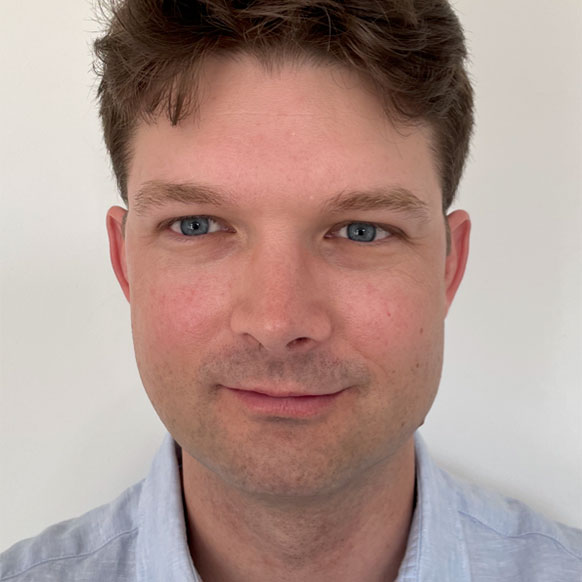
University of Cambridge
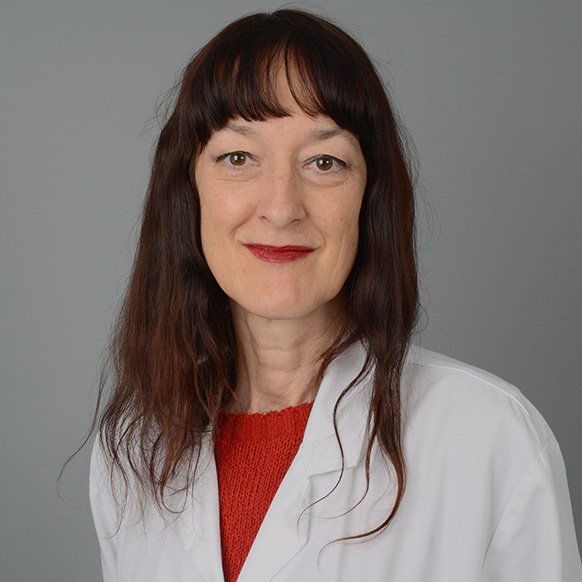
Gustave Roussy

University of California, San Francisco

Fred Hutch Cancer Center
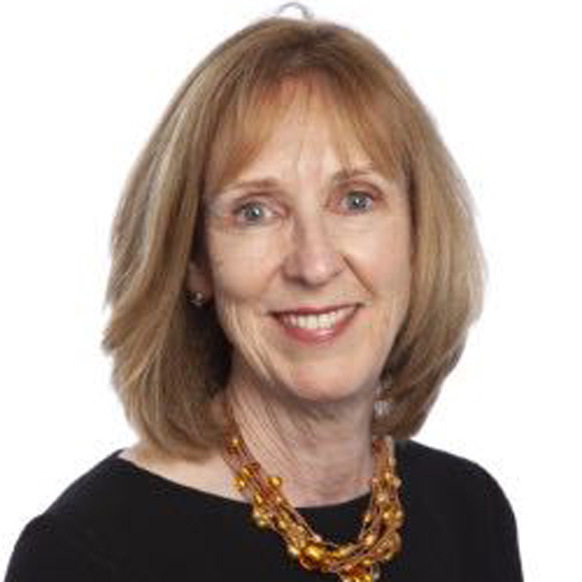
University of Cambridge
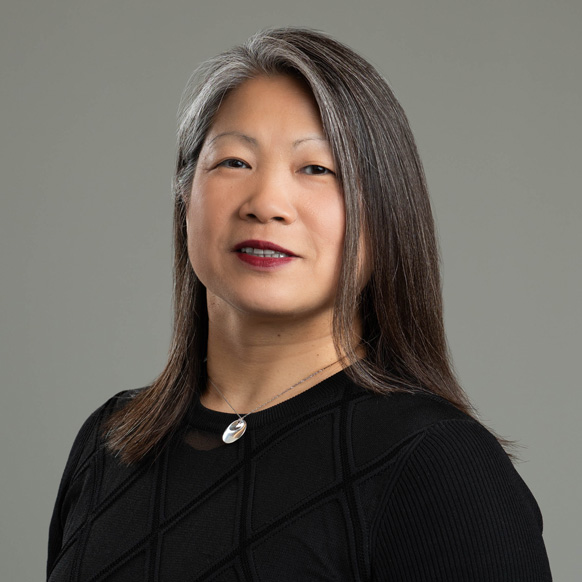
Precede Biosciences
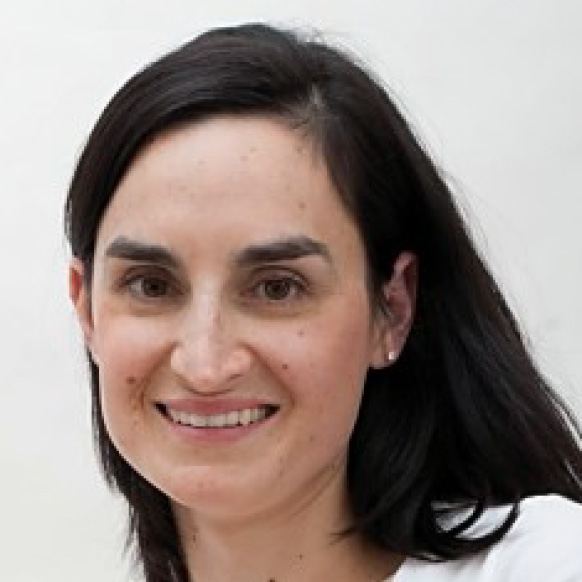
Oregon Health and Science University
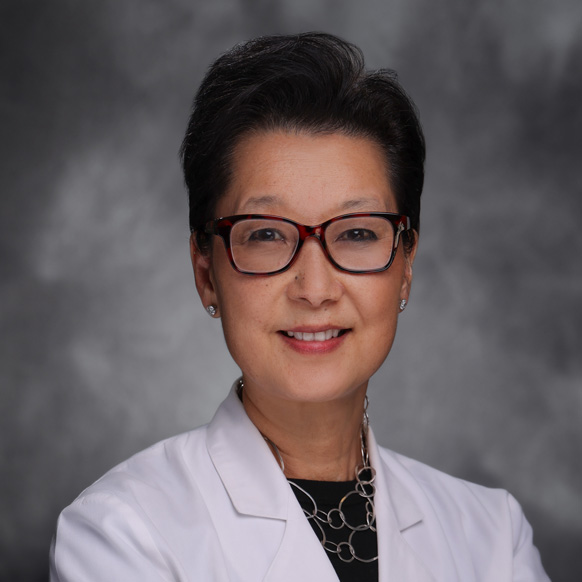
Duke University
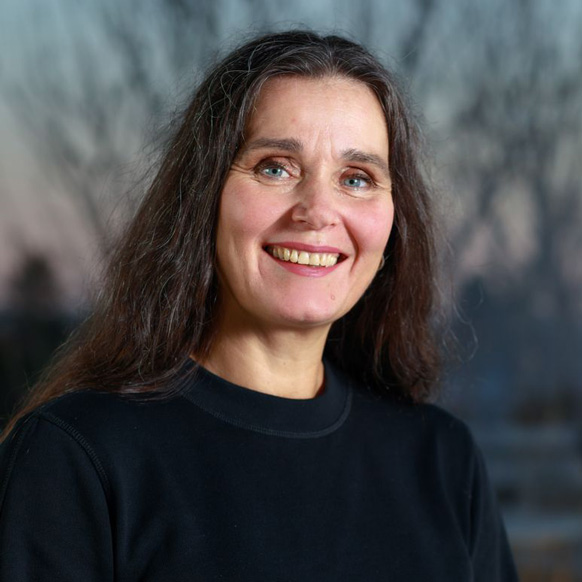
Oslo University Hospital

University of Washington
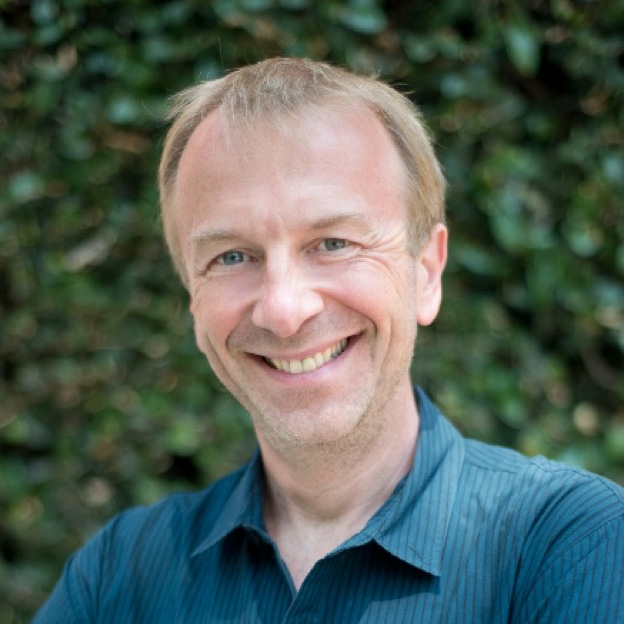
University of Southern California
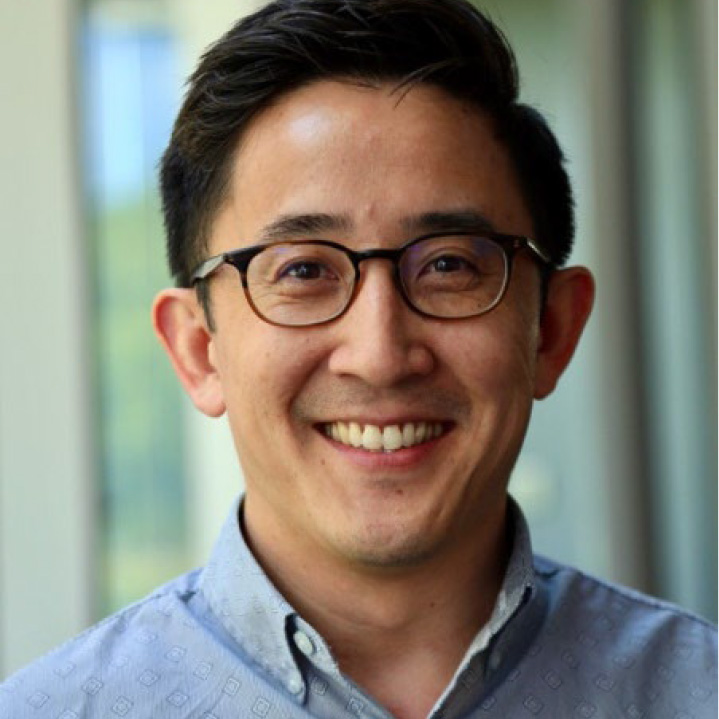
Georgia Institute of Technology

Kaiser Permanente
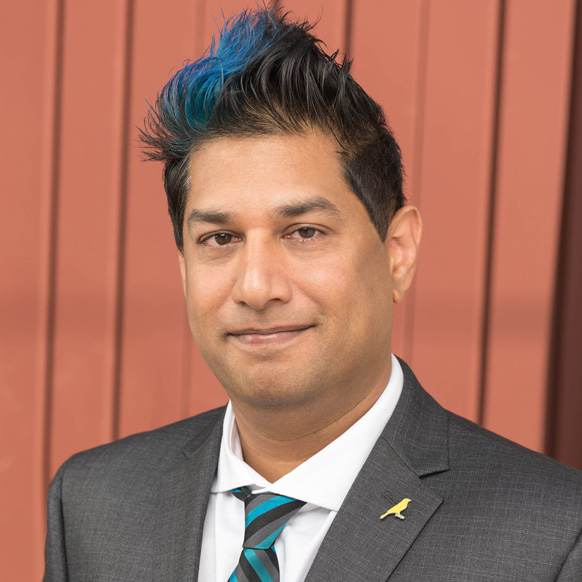
Stanford University
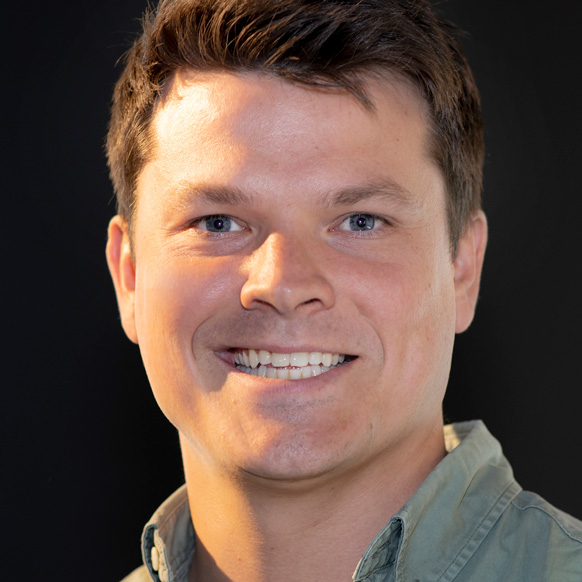
Skin Analytics

University of Oxford
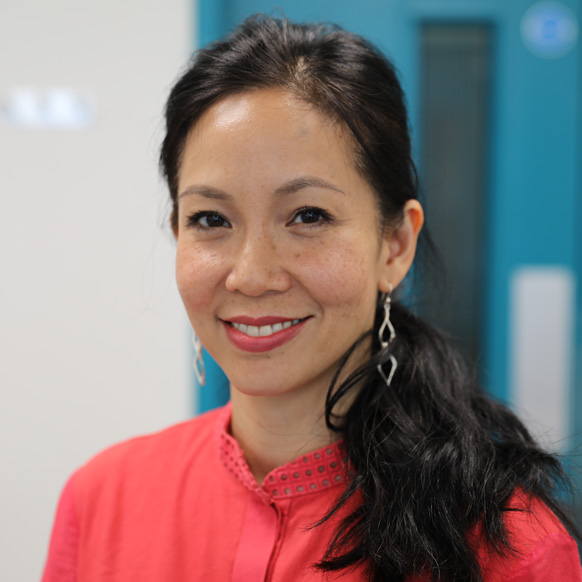
University of Cambridge

Cedars-Sinai Medical Center
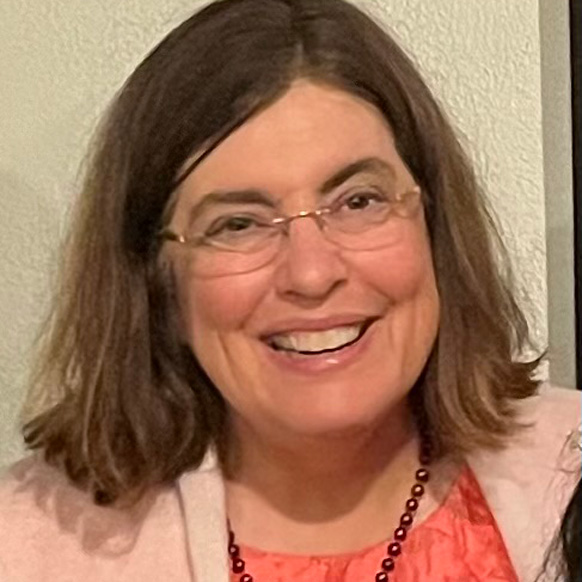
National Cancer Institute
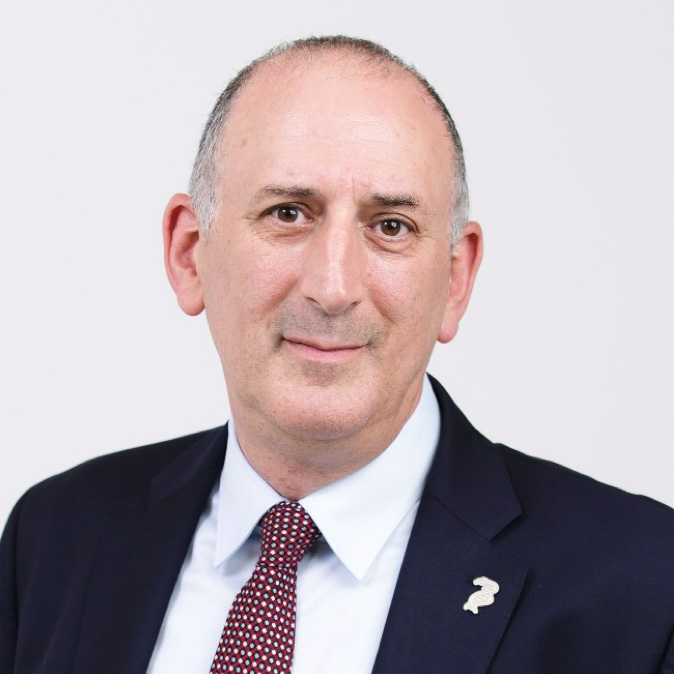
Queen Mary University of London

Leerink Partners

UNC Gillings School of Global Public Health
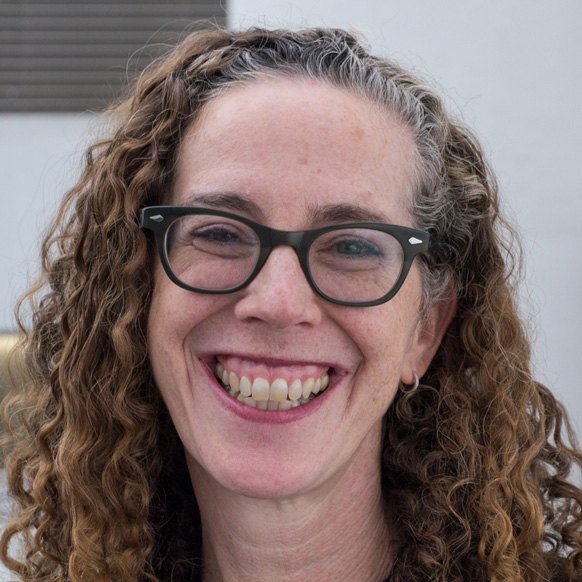
American Cancer Society
Dr Aitken is a Clinician Scientist, leading a research group at the University of Cambridge, UK and working as a Consultant Pathologist (board certified Attending) at Addenbrooke’s Hospital, Cambridge. Dr Aitken trained in Medicine at the University of Edinburgh (UK), with an intercalated BMedSci in Experimental Pathology and postgraduate MSc in Translational Medicine. She undertook a mixed experimental-computational PhD at the CRUK Cambridge Institute (Cambridge, UK), followed by an EMBO Fellowship in bioinformatics at the IRB Barcelona (Spain). She returned to Cambridge to completed her clinical residency in Histopathology as an NIHR Academic Clinical Fellow and subsequently NIHR Clinical Lecturer, before establishing her independent research group. Her lab uses genomic pathology, which combines molecular biology, genomics, and image analysis, to study mechanisms of mutagenesis, the genetic and epigenetic basis of carcinogenesis, and the consequences of genetic diversity on cancer evolution. Dr Aitken is funded by a CRUK Clinician Scientist Fellowship.
This will close in 0 seconds
Owlstone Medical has developed Breath Biopsy with the goal of creating non-invasive breath tests to support early detection and precision medicine of diseases including cancer, asthma, COPD and liver disease. Our Breath Biopsy Research Products and Services are available to academic, clinical and pharma research partners who want to develop breath based diagnostics for their own applications. We work with leading academic institutions and industry leaders such as Cleveland Clinic, Astra Zeneca, J&J and GSK with over 100 published papers and posters using Owlstone’s technology. As of 2023, the company has secured over $150M of investment.
Billy received The Royal Academy of Engineering Silver Medal and was a winner of the 2018 MacRobert Award; he was then made a Fellow of the Royal Academy of Engineering in 2020 and an MBE in 2021. He was elected an Industrial Fellow at Trinity Hall Cambridge and Entrepreneur in Residence (EIR) at King’s College Cambridge in 2022.
Billy sits on the CRUK Early Detection and Diagnosis Research Committee and was previously a judge for the Cancer Research UK (CRUK) Pioneer award and a trustee of the Linacre Institute.
This will close in 0 seconds
Professor Kate Brain is a health psychologist and world leader in cancer early detection behavioural research. She has extensive experience in using complex interventions frameworks to optimise cancer early detection behaviour and address inequalities through innovative community-based solutions. She is UK Chair for the US/UK Multi-Cancer Early Detection Consortium Health Equity work group. Kate has been a senior member of Cancer Research UK’s Early Detection and Diagnosis Research Committee since 2020, and in 2023 joined the World Health Organisation’s European Code Against Cancer expert working group on communication and health literacy. She advises NHS England on the Targeted Lung Health Check programme.
Since 2015 Kate has led the strategic direction of cancer behavioural science research in Wales, with infrastructure funding spanning the Wales Cancer Research Centre and Primary and Emergency Care Research Centre, funded by Welsh Government through Health and Care Research Wales. Her research portfolio includes international studies of cancer awareness, understanding and addressing socioeconomic disparities in cancer help-seeking, lung cancer screening and smoking cessation among high-risk populations, and the impact of the pandemic on cancer attitudes and behaviours.
Kate holds a number of senior leadership roles including Screening, Prevention and Early Diagnosis Lead within the Division of Population Medicine, Associate Director of Cardiff University’s College of Biomedical and Life Sciences Population Health Research theme, and Cancer Research Strategy for Wales Senior Leadership Theme Lead for Population health-based cancer prevention and early diagnosis.
This will close in 0 seconds
Robert Bristow completed his PhD in Medical Biophysics and Residency in Radiation Oncology at the University of Toronto with post-graduate fellowships at Erasmus University Rotterdam, MD Anderson Cancer Centre and Massachusetts General Hospital.
Bristow joined the University of Manchester as Director of the Manchester Cancer Research Centre (MCRC) in August 2017 to develop a new cancer strategy. His research focusses on the prostate cancer genome and tumour microenvironment hypoxic tumour cell characterisation by understanding role of hypoxia in driving genetic instability and the changes in sporadic and hereditary (e.g. BRCA2) prostate cancer genomes during cancer aggression.
He is Principal Lead of the Manchester arm of the International Alliance for Cancer Early Detection (ACED), with an interest in signatures that predict aggression in men with sporadic and hereditary prostate cancer. Rob also sits on the Alliance Executive Board (AEB).
This will close in 0 seconds
William L. Dahut, MD, is chief scientific officer and serves as the scientific voice of the American Cancer Society.
Dr. Dahut held leading roles at the National Cancer Institute before joining ACS. He has pioneered treatment regimens in prostate cancer and is a recognized expert in clinical trials and immunotherapy.
He received his MD from Georgetown University and completed clinical training in internal medicine at the National Naval Medical Center, followed by training in hematology and medical oncology at the Bethesda Naval Hospital and the Medicine Branch of the NCI. He is also professor of medicine at Uniformed Services University of the Health Sciences in Bethesda, Maryland, and continues to see patients in the prostate cancer clinic at Walter Reed National Medical Military Center.
This will close in 0 seconds
Joseph M. DeSimone is the Sanjiv Sam Gambhir Professor of Translational Medicine and Chemical Engineering at Stanford. Previously, DeSimone was a professor of chemistry at the University of North Carolina at Chapel Hill and of chemical engineering at North Carolina State University. He is also Co-founder and former CEO (2014 - 2019) of the 3D printing company, Carbon.
DeSimone is responsible for numerous breakthroughs in his career in areas including green chemistry, polymer synthesis, medical devices, nanomedicine, and 3D printing. He has published over 350 scientific articles and holds 240 patents. In 2016 DeSimone was recognized by President Barack Obama with the National Medal of Technology and Innovation. He is one of only 25 individuals elected to all three branches of the U.S. National Academies (Sciences, Medicine, Engineering). DeSimone received his B.S. in Chemistry in 1986 from Ursinus College and his Ph.D. in Chemistry in 1990 from Virginia Tech.
This will close in 0 seconds
Dr Ruth Etzioni is a full member in biostatistics at the Fred Hutch Cancer Center where she holds the Rosalie and Harold Rae Brown endowed chair. She develops statistical and computer models to generate evidence for cancer policy development. Her studies have informed national prostate cancer screening recommendations and she has also led studies to appropriately estimate overdiagnosis in prostate cancer breast cancer screening., More recently she has been developing models and methods to address evidence gaps regarding the impact of new multi-cancer screening tests. Dr Etzioni is lead author of the Springer textbook, “Statistics for Health Data Science: An Organic Approach.” In 2022 she received an Outstanding Investigator Award from the National Cancer Institute to develop models and methods for assessing the impact of novel cancer diagnostics including biomarkers and imaging tests.
This will close in 0 seconds
My research and professional interests are in women’s health, specifically screening and diagnosis of HPV-related cancers of the female genital tract. My clinical training is as an anatomic and clinical pathologist with a subspeciality focus on gynecologic pathology. I have research experience in HPV molecular virology and self-collect implementation, including a 600+ person high-risk human papillomavirus (HR-HPV) prevalence study in rural Zimbabwe funded by the NIH Fogarty Global Health Scholar Fellowship (2016-2017). Our Zimbabwe team also conducted a study evaluating the effectiveness of mother-daughter paired community health worker led self-collect HPV strategies in Zimbabwe. In the US, I co-led an MPI study focused on a community-based cervical cancer education outreach project in the state of Wisconsin in partnership with the Milwaukee Consortium for Hmong Health to continue to expand access to cervical cancer screening and explore self-collect as an option for this community. My experience with self-collect HPV studies, gynecological pathology, and molecular virology led me to initially collaborate with Teal Health as an advisor during and after the self-collect device was created at Stanford biodesign. I now serve as the director of clinical development and research at Teal Health to help facilitate the pivotal trial towards FDA approval and develop a unique telehealth experience to engage more women in cervical cancer screening and follow-up. My overall interests and vision are to help expand options and access to screening and prevention of HPV-related diseases for underscreened populations worldwide.
This will close in 0 seconds
Rebecca Fitzgerald OBE MACantab. MD FMedSci EMBO MAE is Professor of Cancer Prevention and Director of the Early Detection Institute at the University of Cambridge and practices medicine as Hon. Consultant in Gastroenterology and Cancer Medicine at Addenbrooke's Hospital. Rebecca also leads the Cambridge component of the CRUK International Alliance in Early Detection (ACED). The focus of her research is to investigate the steps in malignant transformation in the oesophagus and stomach and to use this information to improve clinical early detection strategies. Her work to develop and implement a non-endoscopic capsule sponge and related biomarker assaysfor detection of Barrett's oesophagus and associated dysplasia has been awarded a number of prizes including the Westminster Medal, an NHS Innovation prize and the Don Listwin Early Detection Prize. In 2022 Rebecca was awarded an OBE for services to cancer research. Rebecca has contributed to evidence reviews and policy work around screening including for the Department of Health in the UK and recently led a review of cancer screening for the European Commission that led to new screening policy for EU member states.
This will close in 0 seconds
Angela obtained her PhD from the University of Cambridge and the European Bioinformatics Institute. During her PhD she investigated the evolution of gene expression regulation during mammalian speciation and developed some of the earliest bioinformatics methods for the analysis of RNA-sequencing data. After her PhD, Angela conducted her postdoctoral research on population genomics at the Wellcome Trust Sanger Institute. During her postdoc she was awarded a Pump Priming grant by the Cambridge Cancer Centre Early Detection Programme to establish the use of menstrual fluid as a model system to track somatic mutations in normal tissues over time. Since 2018 she has led a group at the German Cancer Research Center. Her research interests are in modelling the evolution of somatic mutant clones in normal and pre-malignant tissues, with the view of developing methods for preventing and detecting cancer early.
This will close in 0 seconds
Allan Hackshaw is Professor of Epidemiology & Medical Statistics at University College London, and Director of the Cancer Research UK & UCL Cancer Trials Centre. He has >32 years’ experience in cohort/case-control studies, large real-world data studies, phase I-III clinical trials, and systematic reviews; in several areas including cancer, cardiovascular disease, and tobacco and health. A particular focus has been on adult (especially cancer) and prenatal screening, as a key investigator on large scale studies, some of which have evaluated new screening tests and policies that later became routine practice. He is undertaking work on evaluating lung cancer screening and multicancer blood tests. He is a member of the UK National Screening Committee Adult Reference Group, and co-editor of the Journal of Medical Screening. He has published more than 200 journal articles and book chapters, and sole or first author of four textbooks.
This will close in 0 seconds
Born and raised in Oregon and deeply involved in her personal and professional community, Dr. Tiffani Howard forms a unique bridge to connections between her extensive OHSU network (since 1992) and the people they serve throughout Oregon.
As a developmental biologist she focused on gene regulation and silencing in development of neural tube and central nervous system formation. Her ability to communicate widely with all audiences and elicit trust allows her to build strong, long lasting, bi-directional relationships which has focused her work over the years.
On an unconventional career journey Dr. Howard gained insight into how important it is for community engagement to thread through all scientific programs. As liaison between the scientists and design team for the construction of the Knight Cancer Research Building, Dr. Howard provided essential continuity throughout the project from pre-design through move-in (2014-2018) by engagement and inclusion of 450 occupants (principal investigators, lab staff, OHSU executives, and research cores) while managing scope, schedule and budget for the project.
Leveraging over 15 years of research lab experience and adept at articulating the Knight’s vision, from 2017-2018 her work influenced the directional and cultural transformation of the Knight when managing creation of new institutional Cultural Guiding Principles and 5 year scientific Strategic Plan. Subsequently she established a new cutting-edge Early Cancer Detection Clinical Trials program now recognized as top-enroller on national MCED trials and leader in creative and successful community engagement to boost diversity (4 fold increase over two years of enrollment).
She accepted the institution-wide position of Asst. Director for Community Outreach and Engagement in 2021 to increase the impact of the Comprehensive Knight Cancer Institute on its catchment area, the entire state of Oregon.
This will close in 0 seconds
Li Li, MD, PhD, is an expert in primary care, population health and clinical translational research. He is chair of the UVA Department of Family Medicine, director of population health and co-director of the Cancer Prevention and Population Health program.
Li earned both his master's in public health and medical degree from Tongji Medical University in Wuhan, Hubei, P.R. China. He then went to the University of Southern California, where he obtained a master of science in applied biometry and a doctoral degree in preventative medicine. He also pursued a fellowship in cancer prevention at the National Cancer Institute, followed by family medicine training at the University of Kentucky.
During his career, Li has established multiple cancer and population health research programs (the Cleveland Colon Screening and Risk Factors Study, the Kentucky Colon Cancer Genetic Epidemiology Study and the Zhabei Health 2020 Study). He also co-led a $3 million National Institutes of Health grant aimed to help us understand the genetic, lifestyle, and community factors that drive the significant racial disparities that exist for colorectal cancer.
Prior to arriving at UVA, Li was an assistant professor in the department of family medicine at Case Western Reserve University’s School of Medicine and tenured as a full professor of family medicine. In addition, Li was a professor of epidemiology and biostatistics and environmental health sciences.
This will close in 0 seconds
Michael Liang, Ph.D. is a Managing General Partner with InVivium Capital. Previously, Mike spent 16 years as a Partner with Baird Capital, overseeing healthcare investments. Prior to joining Baird Capital, Mike was a healthcare investor with Advent Venture Partners (London, U.K.) and before that served in an operating role as a Director of R&D at Cortek, a spinal orthopedics company. Mike serves on the Board of Directors of Onchilles Pharma and was also previously a Board Member of Alto Neuroscience (NYSE: ANRO), GreenLight Biosciences (NASDAQ: GRNA), Interlace Medical (sold to Hologic), OncoHealth (sold to Arsenal Capital Partners), Veniti (sold to Boston Scientific), and a board observer of TomoTherapy (NASDAQ: TOMO, sold to Accuray). Mike also recently served on the Board of Directors of AiCure, Jumpcode Genomics, NeoChord and Zurex Pharma, and was a Board Observer for Saranas and Virtual Incision. Mike received a B.S. in bioorganic chemistry from the University of California, Berkeley, completed a Ph.D. in biophysical chemistry from Stanford University, and conducted a postdoctoral fellowship at Harvard University.
This will close in 0 seconds
Sanjay V. Malhotra, PhD, FRSC is Director of the Center for Experimental Therapeutics, Professor, Department of Cell Development & Cancer Biology, and Sheila Edwards-Lienhart Endowed Chair in Cancer Research at Oregon Health & Science University (OHSU). Before joining OHSU, he was on the Faculty of the Stanford University School of Medicine, and previously served as the Director- Chemical Diversity Division of the National Cancer Institute (NCI)’s Experimental Therapeutics (NExT) program. He is a founding member of the Chemical Biology Consortium, a national Drug Discovery/Development program of the NCI/NIH and served on the Joint Commission on Science & Technology of the Office of Science & Technology of the President (President Obama White House). Dr. Malhotra’s lab studies the science of therapeutics, with main focus on (i) developing chemical tools to probe disease biology, and (ii) discover small molecules that modulate the targets and provide pharmacological intervention. Dr. Malhotra obtained a PhD (Chemistry) and trained under Nobel Laureate Prof. Herbert C. Brown at Purdue University. His work has led to preclinical and clinical advancement of drug candidates. He has edited five books, is inventor on 20 patent applications and has authored >170 research articles. Dr. Malhotra is a Fulbright Specialist and Fellow of the Royal Society of Chemistry, UK.
This will close in 0 seconds
Dr. Sarah Mazzilli is an Assistant Professor in the Section of Computational Biomedicine at Boston University Chobanian & Avedisian School of Medicine, where her group studies the early events that enable premalignant transition to frank lung carcinoma. Dr. Mazzilli is part of the collaborative research group at BU led by Dr. Avi Spira, who are leading the establishment of the Lung Precancer Atlas (PCA) as part of the NCI’s Cancer Moonshot Human Tumor Atlas Network (HTAN). In addition, Dr. Mazzilli group works to establish and characterize preclinical models of premalignant transitions employing novel single cell and spatial biology approaches.
This will close in 0 seconds
Dr. Nima Nabavizadeh is an Associate Professor of Radiation Medicine at the Oregon Health & Science University (OHSU), where he holds multiple roles in patient care, cutting-edge research and medical education. . In his role as the Chief Medical Officer within the Cancer Early Detection Advanced Research Center (CEDAR) at OHSU, he is at the forefront of innovative early detection research initiatives. He serves as the Principal Investigator for a multitude of cancer early detection clinical trials, exploring novel strategies and technologies for identifying cancer at its earliest stages.
As the Radiation Oncology Residency Program Director at OHSU, Dr. Nabavizadeh plays a pivotal role in shaping the future of radiation oncology. He is responsible for mentoring and educating the next generation of radiation oncologists, ensuring that they receive the highest level of training and exposure to diverse clinical scenarios.
This will close in 0 seconds
Sylvia K. Plevritis, PhD, is Professor of Biomedical Data Science and of Radiology, and Chair of the Department of Biomedical Data Science. She is a thought leader on the expanded use of artificial intelligence and machine learning (AI/ML) in academic research and education. An electrical engineer by training, Plevritis’ cancer systems biology research program has been deciphering tumor heterogeneity by pioneering novel AI/ML analytics on multimodal biomedical data sets from human tumors. Plevritis is also a contributor to data-driven computer simulation models that guide national cancer screening guidelines for early detection of breast and lung cancers. Plevritis serves on the NCI Board of Scientific Advisors and is a fellow of the American Institute for Medical and Biological Engineering and Distinguished Investigator in the Academy of Radiology Research.
This will close in 0 seconds
Stephen Quake is Head of Science at the Chan Zuckerberg Initiative, where he oversees CZI’s science grant programs, technology development, and the CZ Biohub Network. He has received numerous awards for his contributions to science and is one of only two dozen scientists elected to all three National Academies. Steve also holds a faculty position at Stanford University, where he is the Lee Otterson Professor of Bioengineering and Applied Physics. Previously he was the founding co-president of the Chan Zuckerberg Biohub (2016-2022), investigator of the Howard Hughes Medical Institute (2006-2016), and professor at the California Institute of Technology (1996-2005).
This will close in 0 seconds
Azra Raza is the Chan Soon-Shiong Professor of Medicine and Clinical Director of The Edward P. Evans Foundation MDS Center at Columbia University in New York. A practicing oncologist seeing 30-40 cancer patients weekly, she directs a basic cancer research lab with hundreds of original publications in high profile journals. Her life is dedicated to prevention of all chronic diseases including cancer by early detection. She worked with President Clinton designing Breakthrough Developments in Science and Technology and with President Joe Biden for the Cancer Moonshot initiative. Her latest book, THE FIRST CELL: And the human costs of pursuing cancer to the last is a national best seller and has been translated into nine languages.
This will close in 0 seconds
Dr. Hilary Robbins is an American epidemiologist at the International Agency for Research on Cancer (IARC/WHO) in Lyon, France. She co-leads the IARC Risk Assessment and Early Detection (RED) team, a group of 16 scientists, staff, and fellows from 14 countries. Dr. Robbins studies risk-tailored approaches to early cancer detection and screening, with a focus on quantifying the potential utility of tools such as risk prediction models and biomarkers. Specific areas of focus include lung cancer, HPV-related cancers, and multi-cancer early detection.
This will close in 0 seconds
Jenny is the Founder and Managing Director of Genoa Ventures, where she leverages her unique toolkit of genetics domain expertise, strategic business acumen, and venture investing to launch and empower the next generation of category-defying companies at the convergence of technology and biology. She has nearly two decades of investing experience, beginning at Fidelity Biosciences in 2006 as a Kauffman Fellow. After Fidelity, Jenny helped establish the investing function at the Gates Foundation, funding companies in genetic engineering, diagnostics, and synthetic biology.
Jenny started what would become Genoa Ventures in 2014 using the largest life sciences syndicate on AngelList and achieving one of the highest-performing AngelList syndicates in any sector. Jenny’s investments and board seats at Genoa include Intabio (acquired by Danaher Sciex), InterVenn, Aqtual, Meiogenix, and BrightSpec. She also serves on the Board of Trustees of the Jackson Laboratory. Her prior investments include Zymergen (IPO), Caribou (IPO), Accuri (acquired by Becton Dickinson), and Topaz (acquired by Sanofi). Prior to her investing career, Jenny was a management consultant with McKinsey focused on the pharma and biotech sectors. She also served in executive management roles at U.S. Genomics, leading Corporate Development and Research and Development.
Jenny studied physics at the Georgia Institute of Technology and has a Ph.D. in genetics from Yale.
This will close in 0 seconds
At Cancer Research UK Cambridge Institute, Dr Nitzan Rosenfeld leads a lab group that’s dedicated to developing sophisticated new ways to detect and monitor cancer, using patients’ blood samples.
As tumours develop and grow, they release tiny bits of DNA into the blood that can be fished out and analysed. Dr Rosenfeld and his colleagues have shown that this ‘circulating tumour DNA’ (ctDNA) can be used to track how cancers are evolving in response to treatment, and to monitor disease spread.
Using ctDNA from a blood sample can give doctors a fuller picture of cancer’s genetic landscape than a biopsy, and spare patients an invasive procedure.
Dr Rosenfeld and his team are working to progress this research and investigate new ways to use such techniques. They want to see whether testing for ctDNA could help doctors diagnose cancers earlier in people who are at higher risk of the disease, for example people with a family history of cancer.
They are testing if doctors can use ctDNA to help guide treatment decisions, for example by revealing genetic faults in cancer cells that could be targeted with certain therapies. Finally, they analyse ctDNA to see if it could reveal new insight into why some cancers stop responding to treatment.
In the future, this important research could help improve the outlook for patients by helping doctors to diagnose the disease at an early stage, when treatment is more likely to be successful, and potentially lead to more effective treatment choices for patients.
This will close in 0 seconds
Peter Sasieni, FMedSci is Professor of Cancer Epidemiology at Queen Mary University of London. He is Director of the Cancer Research UK Cancer Prevention Trials Unit at QMUL and Co-Lead of the Centre for Cancer Screening, Prevention and Early Diagnosis in the Wolfson Institute of Population Health.
After graduating in biostatistics, he worked with Jack Cuzick at the Imperial Cancer Research Fund and later at Queen Mary University of London before moving to King’s College London where he was Director of King’s Clinical Trials Unit. He has over 30 years’ experience as an applied statistician and cancer epidemiologist.
Professor Sasieni’s research focuses on using an epidemiological approach to cancer early diagnosis and designing and running clinical trials of early detection and prevention interventions.
He has published extensively on cervical screening and HPV vaccination. He is currently collaborating with Professor Rebecca Fitzgerald to evaluate her oesophageal capsule sponge both in screening and surveillance; and is one of the lead investigators on the NHS-Galleri Trial evaluating GRAIL’s multi-cancer early detection blood test in population screening.
Peter Sasieni is a member of several trial oversight committees and national advisory boards. In 2023 he received The Don Listwin Award for Outstanding Contribution to Cancer Early Detection.
This will close in 0 seconds
Dr. Spellman works to apply genomic and computational technologies to improve human health with a primary emphasis on improving outcomes for people with cancer. The work in his lab works at all phases from technology/method development, to application of technologies to answer critical questions in cancer biology, to population studies to understand the impact of genetic variation of disease, and to implementation trials that directly impact health. Current funded research focuses on systematic analysis of genetic and gene regulation information in clinical cohorts as part of the Genome Data Analysis Network and a clinical trial implementing genetic health screening for hereditary breast and ovarian cancer and Lynch syndromes. Other areas of interest include polygenic risk implementation and modeling, precision medicine, and understanding the molecular biology of cellular replication.
This will close in 0 seconds
I lead Warwick Screening, a team of expert researchers delivering evidence synthesis to directly support national policy decision-making. We specialise in evaluation of screening programmes and medical tests. I am spearheading international research optimising the methods of evidence synthesis, working collaboratively with UK, Canadian and US national policy-makers. I chair the new UK National Screening Committee Research and Methodology Group, which advises the four UK Governments on research priorities, research gaps and methodology in screening. I have synthesised evidence for the UK National Screening Committee and NICE on multiple conditions.
Most recently I have been one of six research leaders to receive a prestigious NIHR Research Professorship in 2023. The NIHR Research Professorships scheme funds researchers to promote the effective translation of research. It also aims to strengthen research leadership at the highest academic levels. This programme of work is about how to accurately bring together different sources of research evidence to support policy decisions. I will find better ways of safely linking smaller different research studies together without introducing bias making use of data from using routine patient records as well as published research and working together across several countries to find ways of summarising research evidence so that it can be used more widely and move towards standard approaches. This NIHR Professorship will fill the gaps in methods of evaluating screening programmes, and therefore enable future policy-making decisions to be based on more accurate evidence about the benefits and harms of different screening policy options. The research will enable a fuller analysis of impact of screening policy decisions on
inequalities, particularly in ethnicity and socioeconomic status, driving policy-making towards reducing inequity in screening.
This will close in 0 seconds
Dr Emma Woodward studied medicine at the University of Cambridge where she also completed a PhD studying familial phaeochromocytoma and familial renal cancer. Dr Woodward then undertook training in adult medicine in London, Lausanne and N. Ireland prior to her higher specialist training in Clinical Genetics in Birmingham. During this time Dr Woodward received an NIHR Clinician Scientist Award and undertook further study of familial renal cancer. She became a consultant at Birmingham Women’s Hospital in 2008 and at Saint Mary’s Hospital in 2015.
Dr Woodward’s current research is aimed at understanding the inherited predisposition to cancer, in particular thyroid cancer and also whether structural genomic variants influence cancer predisposition risk. Her clinical work involves the inherited predisposition to adult and paediatric onset cancers.
This will close in 0 seconds
We are interested in the application of nanotechnology for cancer detection and therapy. Currently we conduct research in the following specific areas:
1. Dynamic micro-computed tomography for in-vivo small animal imaging
The aim of this project is to develop a dynamic micro-computed tomography (micro-CT) system with enhanced spatial and temporal resolution and more versatile imaging capabilities compared to the current commercial micro-CT scanners, and to explore its applications for biomedical research. The goal is to provide a scanner which will maximize image resolution for in vivo scanning of mice and with the target organ systems being the cardiopulmonary system. The system utilizes a micro-focus field-emission x-ray source recently demonstrated in our laboratory. Compared to the conventional micro-focus x-ray sources with thermionic cathodes, the new carbon nanotube (CNT) based field emission x-ray source offers high resolution at significantly reduced size, fast pulsation capability currently not possible, and the potential for higher flux.
2. New x-ray imaging system for breast tomosynthesis
We are aimed at developing a stationary x-ray imaging system for digital breast tomosynthesis. The main innovative feature of this system is a multi-beam field emission x-ray (MBFEX) source which can generate x-ray beams from multiple projection angles without mechanical motion or electromagnetic steering. The x-ray radiation can have programmable waveform with high temporal and spatial resolution. The proposed imaging system with the MBFEX source and an area digital detector can: (1) increase the imaging speed; (2) reduce the size and cost of the equipement, (3) enable experimentations on new imaging configurations which can give better imaging quality but are not feasible with the convention step-and-shoot method.
3. Single cell irradiator using carbon nanotube field emission electron microbeam array
Single cell irradiation refers to the irradiation by a micron-sized beam to an individually selected cell or a subcellular region in a cell population in vitro. It enables researchers to better explore and study the complex microscopic processes activated by specific cellular or subcellular components of interest following radiation. In collaboration with Prof Chang at Radiation Oncology we are developing a carbon nanotube-based portable microbeam array device can deliver simultaneous irradiation to a very large number of individually selected cells or subcellular regions.
This will close in 0 seconds
Professor Cathie Sudlow is the Director of the Adolescent Health Study - a UK Research Institute initiative which aims to recruit and follow, longitudinally, the health and well being of 8-18 year olds in the UK. The aim is to develop a research resource which will be widely used not just UK-wide but also internationally to better understand the determinants of health and wellbeing during the transition from childhood and adolescence to adulthood. She is also Chair of Neurology and Clinical Epidemiology at the University of Edinburgh. Cathie is the former Chief Scientist/Deputy Director of Health Data Research UK and Director of the British Heart Foundation Data Science Centre, where she retains a role within HDR UK as a Strategic Adviser. Cathie was previously Director of the Centre for Medical Informatics at the Usher Institute, University of Edinburgh, the first Research Director for HDR UK in Scotland and Chief Scientist of UK Biobank.
As a neurology specialist doctor, Cathie’s clinical work has focused mainly on the assessment and treatment of patients with suspected stroke.
Cathie’s research interests have always been firmly embedded in the world of big data. Over the last 15 years, her focus has been on leading large-scale, collaborative, open-science initiatives that enable a better understanding of the causes and consequences of health and disease across the life course, leading to new and improved approaches to prevention, diagnosis and treatment.
From 2011 to 2019, she led efforts to follow the health of UK Biobank participants through linkage to national health datasets, and during 2020-2021 worked with NHS Digital to develop the first trusted research environment to hold and enable access for research to linked health data from multiple sources for the whole population of England.
Cathie is fellow of the Academy of Medical Sciences and of the Royal Society of Edinburgh. She was awarded an OBE for services to medical research in 2020.
This will close in 0 seconds
Dr. Jennifer Beane is an Associate Professor of Medicine in the Section of Computational Biomedicine at the Boston University Chobanian and Avedisian School of Medicine. Her research interests focus on developing and implementing machine learning and statistical methodologies to expand our knowledge of the molecular changes associated with smoking and lung cancer. She is involved in developing relatively non-invasive multimodal biomarkers for the early detection of lung cancer. She is also interested in understanding early molecular changes associated with the development of lung premalignant lesions and their transition to invasive lung cancer as well as the molecular determinants of aggressive early-stage lung cancer. She has also been involved in several lung cancer chemoprevention studies and is interested in developing novel interception agents for lung cancer and biomarkers to predict their efficacy.
This will close in 0 seconds
Dr. Ken Lau was born in Hong Kong and grew up in Toronto, Canada, where received his Bachelors of Science and his Ph.D. in Proteomics and Bioinformatics (2008) from the University of Toronto. After a joint postdoctoral fellowship at MIT and Massachusetts General Hospital, he was recruited to the Vanderbilt Epithelial Biology Center and the Department of Cell and Developmental Biology as a tenure-track in 2013, and was promoted to Associate Professor with tenure in 2019, and Full Professor in 2023. Dr. Lau’s laboratory applies data-driven systems biology approaches to understand cellular specification and function in the gut. His lab develops and utilizes single-cell and spatial technologies and data science algorithms to study cellular networks. His lab is broadly interested in the interactions between epithelium and the microbiome, cell states in stem cell biology and development, and the origins of cancer.
This will close in 0 seconds
Professor Jennifer Moodley is the Director of the Cancer Research Initiative at the University of Cape Town. She is a Public Health Medicine Physician with experience in health systems research, epidemiology, advocacy and public policy development. Jennifer worked as a clinician in rural and urban health care settings and has first-hand experience of the challenges in providing health care in resource-constrained environments. She has been involved in the development and implementation of diverse public health programs and policies; conducted health systems research to support national and provincial public health objectives and mentored under- and post-graduates to meet similar responsibilities. Jennifer’s research focuses on primary and secondary cancer prevention and on improving pathways to cancer diagnosis and care. She values the importance of multi-disciplinary teams in addressing public health issues and is committed to social development and translating research into policy and practice.
This will close in 0 seconds